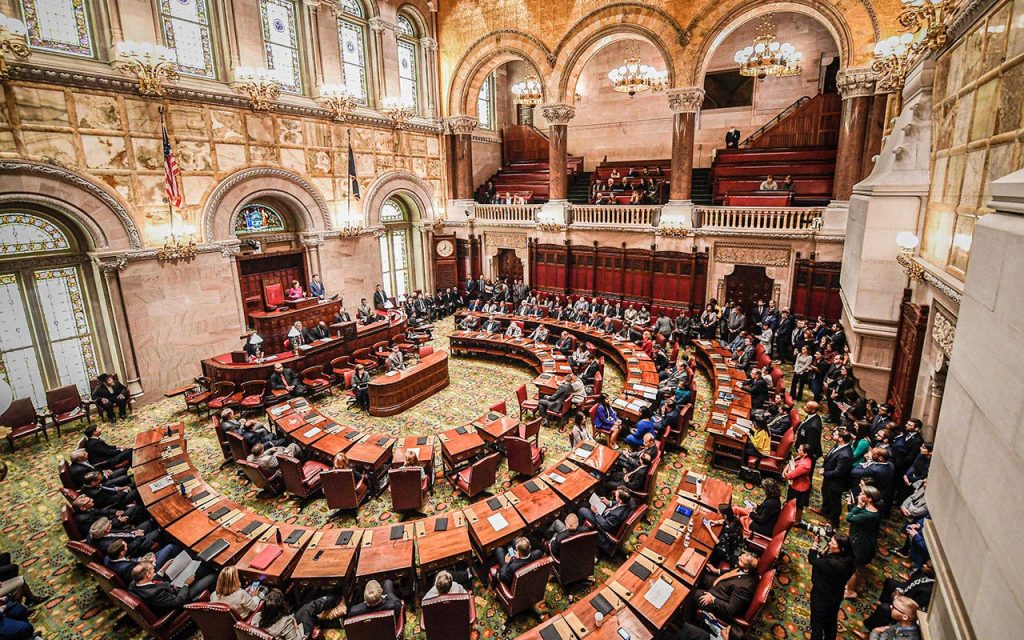The 2nd U.S. Circuit Court of Appeals in Manhattan ruled on Friday that New York can move forward with a law requiring internet service providers to offer heavily discounted rates to low-income residents. This decision came after a lower court ruling in 2021 had temporarily blocked the policy just days before it was set to take effect. Under this law, internet companies would be required to provide broadband service to some low-income New Yorkers for as low as $15 a month, or face fines from the state. Telecoms trade groups opposed the law, arguing that it would be costly and in conflict with federal regulations governing internet service.
The industry groups that filed the lawsuit against the law expressed disappointment with the court’s decision and stated that they were considering their next legal steps. They claimed that the law could deter necessary investment in infrastructure and pose risks to the sustainability of broadband operations in various areas. New York state lawmakers had approved the law as part of the budget in 2021, with proponents citing the importance of giving low-income residents access to the internet as a vital utility. Supporters argued that this policy would help bridge the digital divide and provide opportunities for those who might otherwise be unable to afford internet service.
The decision by the 2nd U.S. Circuit Court of Appeals was a victory for New York state and its efforts to address the issue of internet access for low-income residents. By requiring internet service providers to offer discounted rates, the law aims to make broadband service more affordable and accessible to those who need it most. Critics of the law, however, argue that it could have negative consequences for the telecommunications industry, potentially hindering investment and operations. The debate over the law reflects broader discussions about the importance of internet access as a basic utility and the role of government in regulating its affordability and availability.
The legal battle over the law highlights the complex issues surrounding internet access, affordability, and regulation. While proponents view the law as a step towards achieving greater equity and inclusion in access to essential services, opponents raise concerns about the potential impact on the telecommunications industry and the broader economy. As technology continues to play an increasingly central role in daily life, questions about internet access and affordability are likely to remain prominent in public policy debates. Ultimately, the ruling by the 2nd U.S. Circuit Court of Appeals underscores the importance of balancing the needs of low-income residents with the concerns of industry stakeholders in addressing the digital divide.


